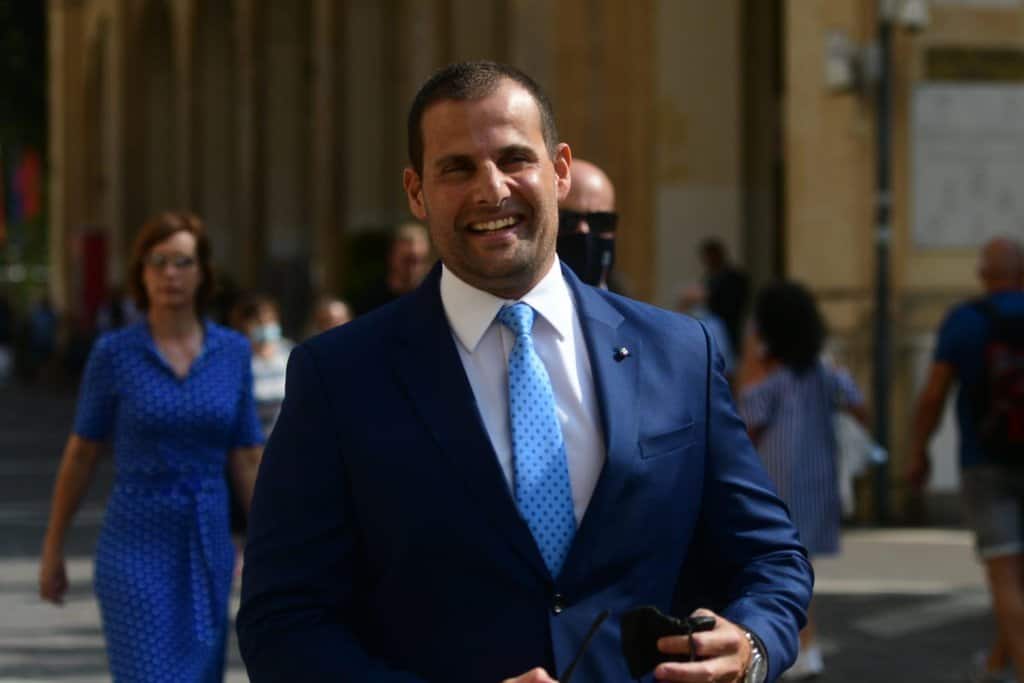
Read this article in yesterday’s The Malta Independent by Professor Kevin Aquilina, who teaches and researches law at the university. He’s no big fan of Repubblika. A few days ago, he criticised our decisions about the Pilatus case where we anticipated possible court orders to discuss the evidence we had in hand behind closed doors, by publishing it ahead of time in Robert Aquilina’s book. I could go on about why we still think we were right, but in the big scheme of things that’s not too important.
In this Malta Independent article, Kevin Aquilina describes that big picture. He surveys the state of Malta’s institutions, the ones Robert Abela habitually warns us we must let work, and finds that Malta is a “dysfunctional” state: a state, that is, which does not work.
Or at least it does not work in the public’s interest but works, rather, in the interests of a few connected people.
He describes how we have institutions that exist merely to tick boxes in questionnaires from international agencies that confirm we have them. But they don’t do anything which might contain or reverse the princely whims of the prime minister. Institutions are either silent, powerless, hijacked, or even complicit.
I don’t think Robert Abela had read this Sunday morning article by the time he gave his Sunday morning urbi et orbi over his party’s radio station. If he had sat for an interview with a journalist, as prime ministers in a democracy would, he might have been confronted with Kevin Aquilina’s findings and asked to materially respond to them. Robert Abela was instead merely confronted by his own findings.
Robert Abela said the PN had plunged “to the lowest abyss” when they asked the police to investigate him and others in the hospitals scandal. He compared this action with Repubblika’s 2020 criminal complaint about his decisions that allowed 12 people to die at sea because he refused to rescue them. He also compared it with a lawsuit that survivors of that terrible incident (and relatives of two of the victims) filed against the government for breaching their right to life. That lawsuit is supported by Repubblika.
We’re the “extremist faction” of the PN, he said. He could have remembered that his predecessor and his colleagues have been under criminal investigation about the abuses in the hospitals botched privatisation for four years now thanks to this “extremist faction”.
What’s Robert Abela’s problem? It’s not like Repubblika (or the PN) can will him into prison. He can only suffer criminal consequences if the police find evidence of a crime, the prosecutor agrees it is sufficient to press charges, and a judge or jury determine his guilt. All this “extremist faction” can do is remind institutions of their duty, not force them to do it.
When we filed the criminal complaint about 12 unlawful deaths, he manipulated the institutions that were supposed to investigate him to ensure a former Labour Party official is picked to conduct an utterly incompetent inquiry and clear the prime minister before looking at the evidence incriminating him.
Robert Abela doesn’t let himself be a hostage to fortune. He will not allow himself and his conduct to be properly investigated especially if he is uncertain of what might be found.
The reality is that in a “dysfunctional state”, as Kevin Aquilina describes ours, it is “extremist” (to use Robert Abela’s word) to ask institutions to do their job and to apply the law equally, even against a prime minister, present or former, that is found to have broken the law.
Think about it. It is insufficient for Robert Abela that, as Kevin Aquilina observes, all institutions are either dead or serving his interests. He’s still nervous. And he’s not letting anything to chance. He is warning any police officer, any magistrate, any prosecutor, and any judge who might dare to show signs of life that any action against Robert Abela’s narrow political interests, will be interpreted on One Radio as the act of “political extremists”.
This is no democracy.